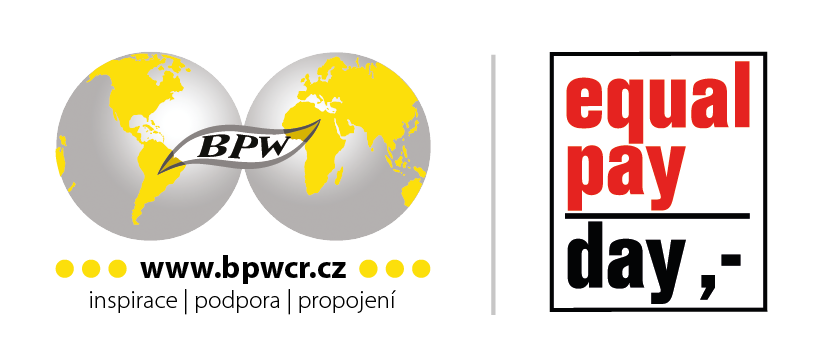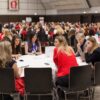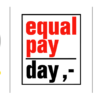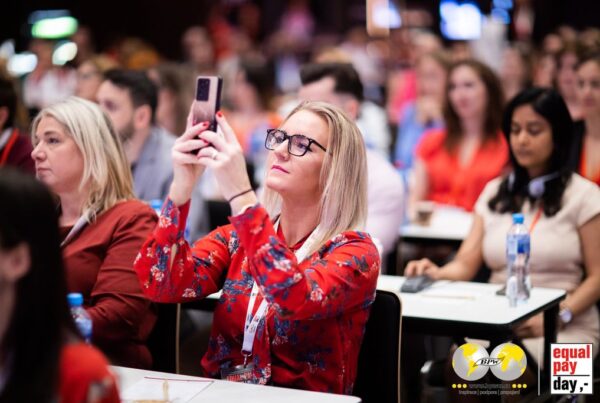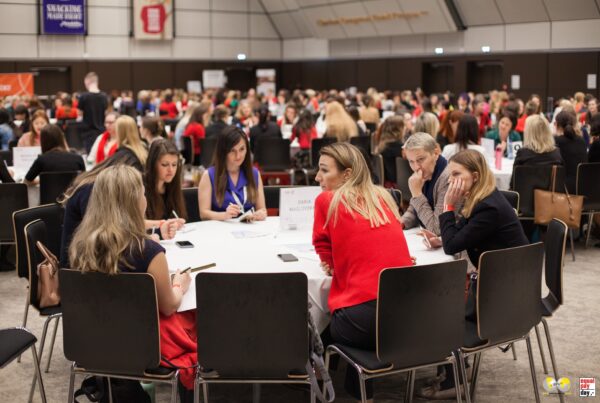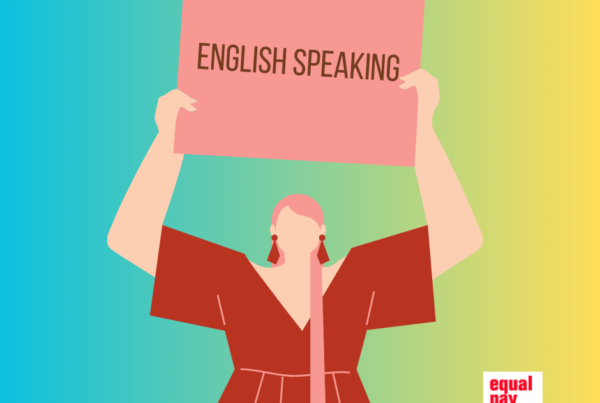On average, women work more than two months longer to reach the same pay as men

March 5, 2024, Prague – This year, Equal Pay Day falls on March 6, 2024. It is a symbolic day that draws attention to the fact that, on average, women work 65 days more to reach the same annual earnings as men. According to Eurostat, women in the Czech Republic earn on average 17.9% less than men. After years of reducing the gender pay gap (GPG) – it reached its lowest level of 15% in 2021 – it is increasing again. The steps to reduce were not systemic, but one-off. In the short term, the average earnings of women were affected by extraordinary bonuses during the COVID era, the increase in tariff bands for some feminized professions, especially in education, and the increase in the minimum wage.
In a closer comparison of the earnings of women and men in a comparable job category, we find the highest differences in the category of managers and legislators, where men prevail not only numerically, but also in terms of their earnings; the difference in median income for 2022 amounts to more than CZK 16,000¹ per month. This is followed by the category of specialists, which also includes medical positions and teachers, where, on the contrary, women predominate, but the difference in earnings reaches 11,940 CZK to the disadvantage of women.
Despite the fact that women in the Czech Republic successfully complete tertiary education more often (6% more than men), it unfortunately does not ensure better remuneration for them. On the contrary. Among university-educated women and men, the wage gap is by far the largest (25%). The difference also changes significantly with age. The highest is between the ages of 45-49, when it reaches 23.7%, and the median wage is CZK 7,531 per month. These are the age categories when women often return to the labour market after a parental leave, and due to the childcare and the housekeeping, which to a greater extent rest on them, they need to choose work strategies that primarily allow greater flexibility.
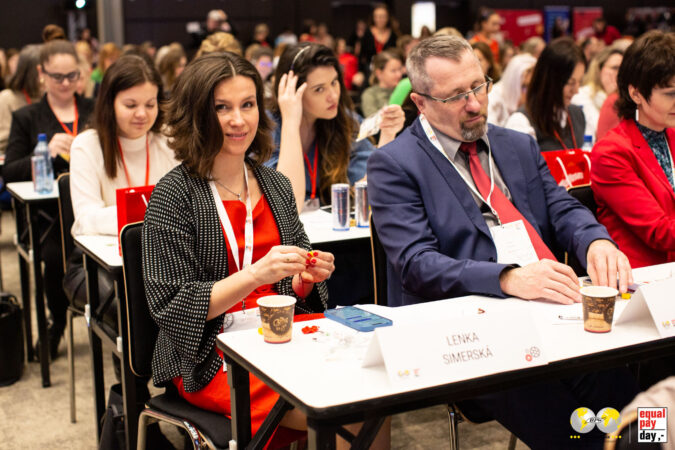
“Unequal remuneration is usually not intentional on the part of the employer. More and more of them are interested in actively finding out whether they have fairly set remuneration for women and men. It allows them to use and develop the career potential of all employees more effectively,” says Lenka Simerská, chief manager of Equal Pay, a project of the Ministry of Labour and Social Affairs, which became an expert partner of the Equal Pay Day conference this year as well. So far, flexibility remains the biggest support for Czech women. This means the possibility of working from home and other hybrid models including part-time work. In this regard, since last year, a discount on insurance premiums for part-time jobs in the amount of 5% of the total assessment bases of employees has been helpful. It is intended for people whose life situation does not allow them to work full-time, including parents of young children. Since the start of the discount, 22,600 new part-time jobs have been created.
“The Ministry of Labour and Social Affairs takes the issue of equal pay very seriously. We support and at the same time develop specific tools ourselves, the aim of which is, among other things, transparency in the labour market. The Equal Pay project analyses the remuneration of companies and other institutions. We allow employers to test the degree of fairness in the approach to remuneration, and we offer employees a wage and salary calculator that can show typical earnings according to relevant experience, industry, region and other criteria. We also address equal pay legislatively, for example in discussions about possible amendments to the Labour Code,” says Minister of Labour and Social Affairs Marian Jurečka (KDU-ČSL).
Organisation Business & Professional Women CR (BPWCR) has been contributing to changing corporate culture for 15 years. It was the first organisation in the Czech Republic to open communication on the topic of GPG and not only conducts a systematic awareness campaign, but through expertise, the presentation of female role models and examples of good practice, educational and mentoring programs, it succeeds in gaining interest in active solutions both among women themselves and companies. Key programs that support women in their economic independence and at the same time contribute to changing policies in companies, include the inter-company mentoring Empowering Women Mentoring, the UN Global Compact and UN Women initiative called Women’s Empowerment Principles and the Academy for Women Entrepreneurs (AWE). During their existence, dozens of companies have participated in these and other programs and hundreds of women have gone through them.
“I feel a big change in attitude, which gives hope that we can solve the problem of different attitudes and the gender pay gap. When we started, most people didn’t know how to deal with this information, and many women said that the difference did not apply to them. Gradually, however, more information came from us and from abroad, the first companies started to analyse their situation and share certification, the media became more interested in the issue. There are a number of companies that regularly address the issue and have programs that eliminate the differences,” says Lenka Šťastná, president of BPWCR.
The flagship project and the culmination of the campaign that BPWCR runs year-round is the two-day Equal Pay Day international conference, which is a unique combination of conference and education. This year’s 15th edition with the theme of Opportunity will take place on April 11 and 12 in Prague and will feature three dozen speakers and 80 mentors from the Czech Republic and abroad and will attract hundreds of men and women from management, business, public administration and diplomacy.
Media contact:
Klára Smolová, Director of PR and Communications, phone: 777 032 579, klara.smolova@bpwcr.cz
¹ Data provided by Equal Pay, all medians listed here are calculated according to the CZSO 2022 statistics
